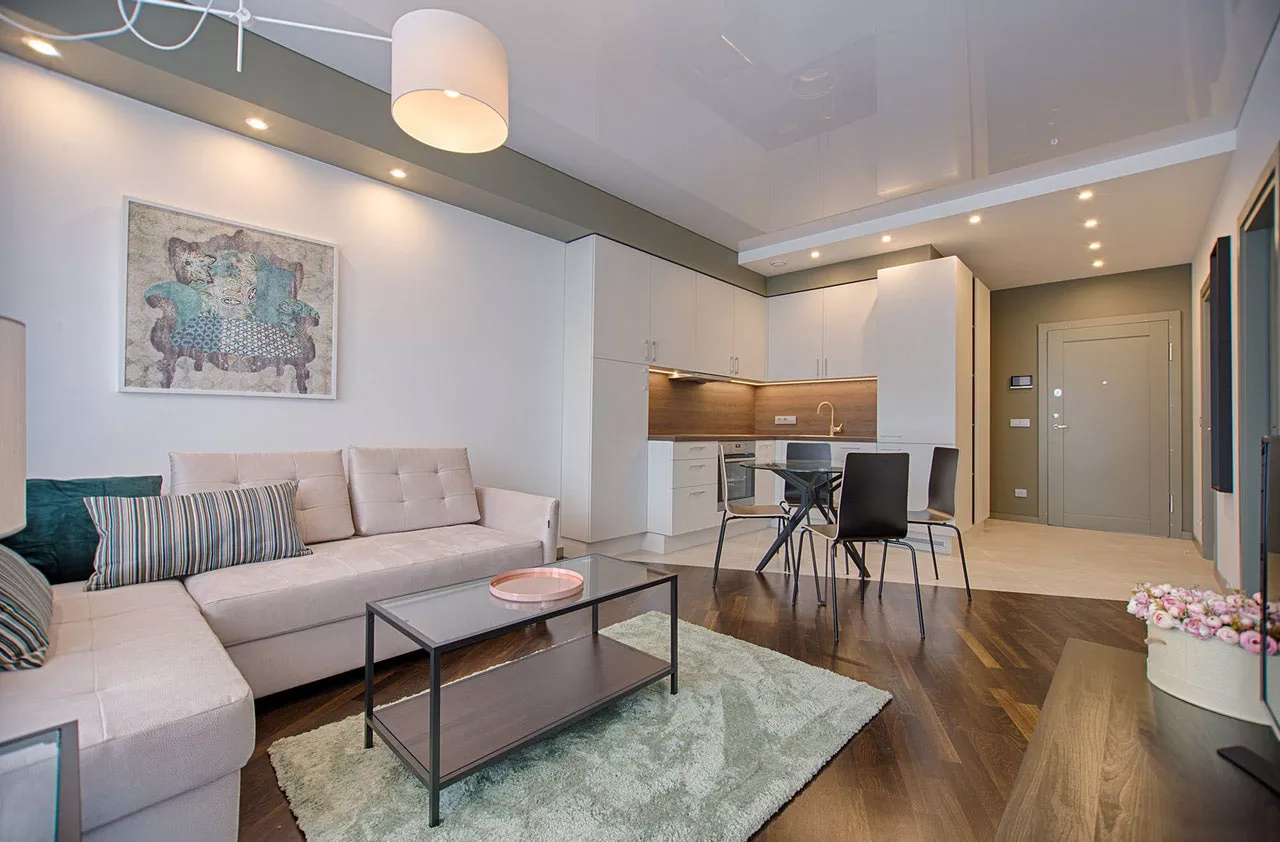Essential steps to becoming a landlord
75 Bremner Blvd ,Toronto,M5J 0A7You may be wondering whether now is a good time to become a landlord or whether there is ever a good time at all - it can be a big commitment.
However, we’ve found that tenants looking for rentals have been growing rapidly over the past few months with demand for rentals continuing to outstrip supply.
So really, there has never been a better time to rent out your property.
If you’re considering becoming a landlord, this guide will offer some helpful tips to get you started on your journey to landlord.
Check you're eligible
Before you even start you may have to undertake a few mandatory checks, but it’s not worth overlooking. If you’re currently paying a mortgage on the property you want to rent out, you'll need to get permission from your mortgage lender and ensure that your policy covers buy-to-let.
Likewise, if you own a leasehold property, check the terms of your lease, as you’re likely not allowed to sub-let your property, which is essentially what you'd be doing.
Legal responsibilities
As a landlord you’ll have a high responsbility and duty of care towards your tenants, meaning it's essential that you're keeping on top of ever-changing lettings legislation - otherwise it could prove expensive.
Some key legislation that you'll need to be aware of include:
- Minimum Energy Efficiency Standards (MEES)
- Electrical Safety Inspections
- Tenant Fees Act
- Tenancy Deposit Schemes (TDP)
- Section 21 Evictions
As the regulations may differ between countries and some might not apply to you, check the full list of laws in England and Wales here and for Scotland, review the guidance here.
If this aspect of becoming a landlord worries you, you’re not alone. With ever-changing legislation making things harder for landlords, many landlords allow a letting agent to do the heavy lifting, so that the property is fully managed and all the legal stuff is up-to-date.
The levels of lettings management we offer, can be found here.
Tenant rights
Before you start the process of listing your property, you'll also need to understand the rights of your tenants and this should be outlined in a tenancy agreement – as not doing so may result in a fine, or even prosecution.
The basic rights that tenants should enjoy include:
- Live in a property that’s safe and in a good state of repair
- Have their deposit returned when the tenancy ends
- Challenge excessively high charges
- Know who their landlord is
- Live in the property undisturbed
- See an Energy Performance Certificate for the Property
- Be protected from unfair eviction and unfair rent
- Have a written agreement if there is a fixed-term tenancy of more than three years in place
Would you rent the property if you were a tenant?
Ask yourself this question and identify any areas for redecorating or improvement if it’s not up to scratch.
With regards to furnishings and amenities, you need to decide the level of furnishings your property will provide – fully, part or unfurnished. All levels of furnishing offer their own benefits.
A furnished property will mean general upkeep is cheaper, however, it probably won’t appeal to tenants that want to put their own stamp on with some funky vintage furniture.
How ‘hands on’ do you want to be?
If you’re happy to manage it yourself, collect the rent or be there in an emergency (which, could be a light bulb needing changing), then self-managing your property may be suitable for you.
However, with so much to consider before renting your property, all avenues should be explored. We always recommend getting advice and as much information as possible from a lettings expert that knows the laws and the market.
Alternatively, if you're simply interested in knowing how much rent your property could potentially generate, get in touch.


